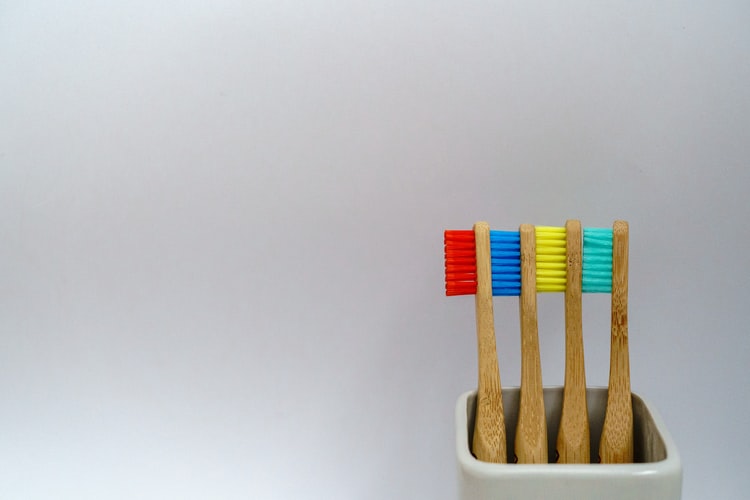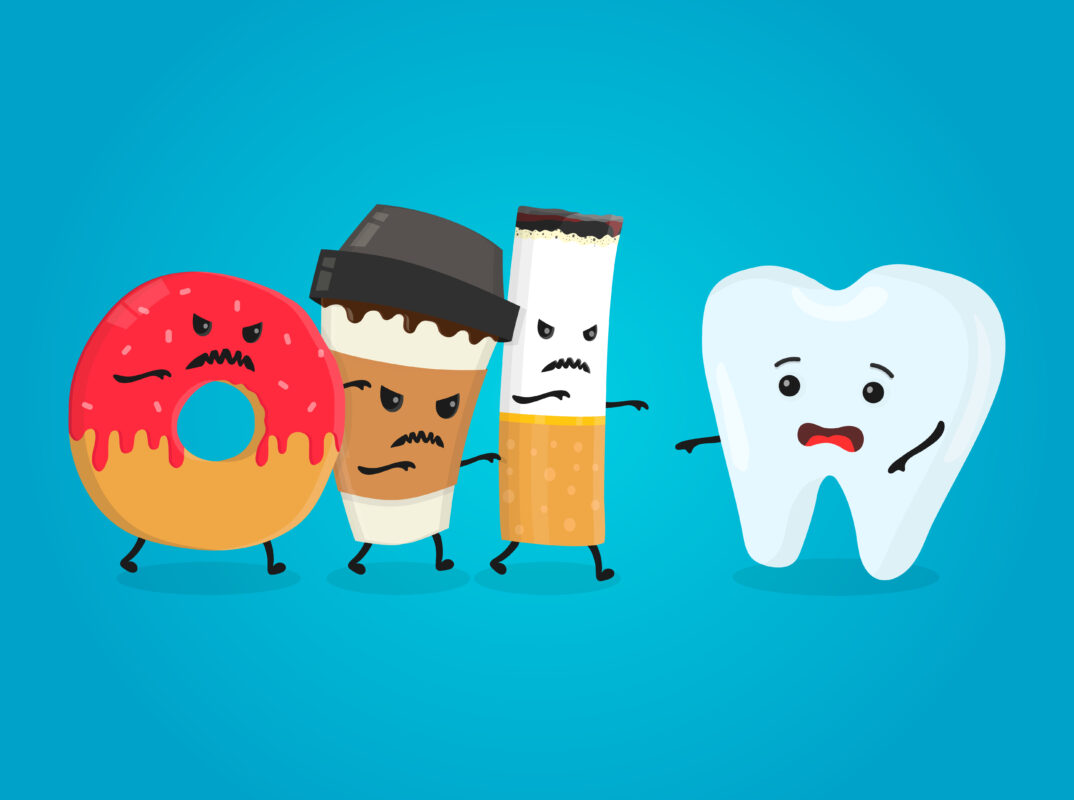Preventive dental care is one topic everyone should have at their fingertips. When it comes to looking after your pearly whites, that’s where it all starts!
THE A-Z OF PREVENTIVE DENTAL CARE
Everyone deserves a healthy mouth and you don’t have to lose all your teeth as you grow older. Preventive dental measures are the measures you can take to maintain a healthy mouth and to prevent oral diseases no matter your age. It is always easier to prevent dental problems than to treat them.

GOOD ORAL HYGIENE PRACTICES
A great smile starts with good oral hygiene and so,
For your infant with no teeth, use a soft clean napkin and water.
Do the brushing for your children between ages 0-6 years, supervise and assist children between ages 7-9 years, children 9 years and above can brush their teeth by themselves
Fluoride makes your teeth strong and prevents holes.
Use a medium-bristle toothbrush with an oval head that will easily get to the back of your mouth. Use soft-bristle toothbrush for children. Change the brush every three months or as soon as they are worn out
If your child has just suffered a flu, change his or her toothbrush afterwards
Drink some water after each meal, rinse your mouth with water after each meal
Toothpicks can damage your teeth. Use dental floss instead
It’s not enough to brush your teeth twice a day, you should brush the right way.
Ask your dentist to teach you the right way to brush.
what about diet?
Reduce the amount of sugary foods in your meals. The bacteria in your mouth will act on these foods and produce acids that will create holes in the teeth.
Ask your dentist for more advice
Try to limit sugary snacks to mealtimes. If you have to take snacks such as pastries, cake or ice-cream, better to take them close to mealtimes.
Better still, insist on healthy snacking options like nuts and fruits.
Eat healthy, eat balanced meals, take plenty of water.
FAQ
Absolutely, you still need to see a dentist. A healthy mouth is from a combination of good at-home practices and regular visits to the dentist.
See your dentist every six months even if you have no complaints or discomfort.
It cannot be overemphasized, see your dentist as soon as you notice anything abnormal in your teeth or mouth.






